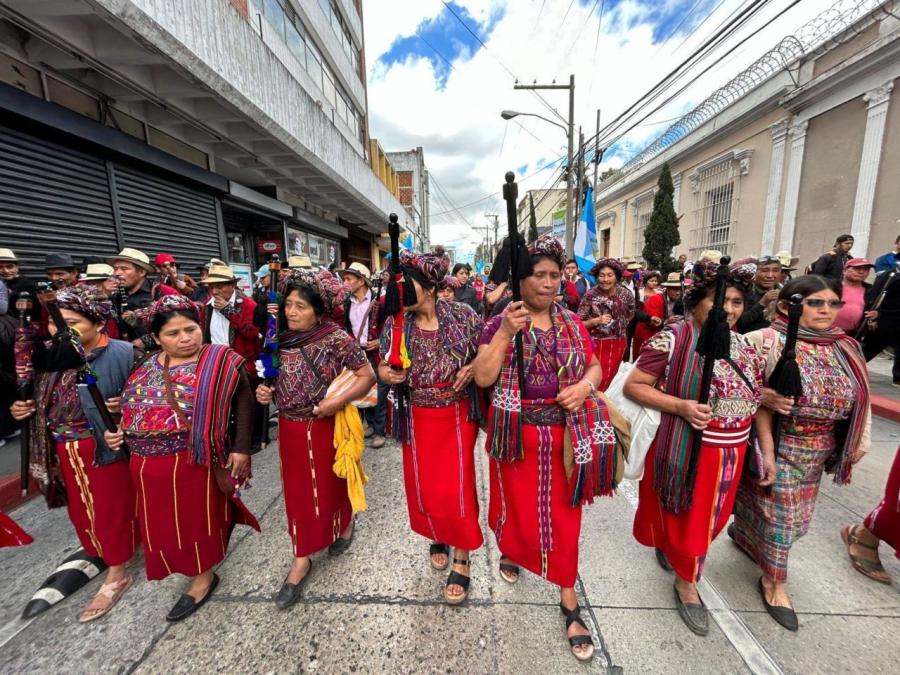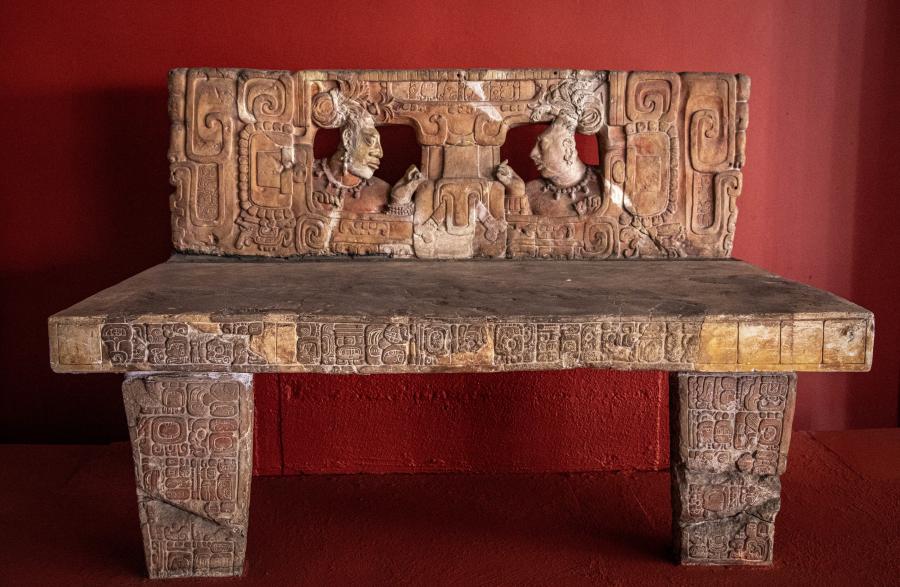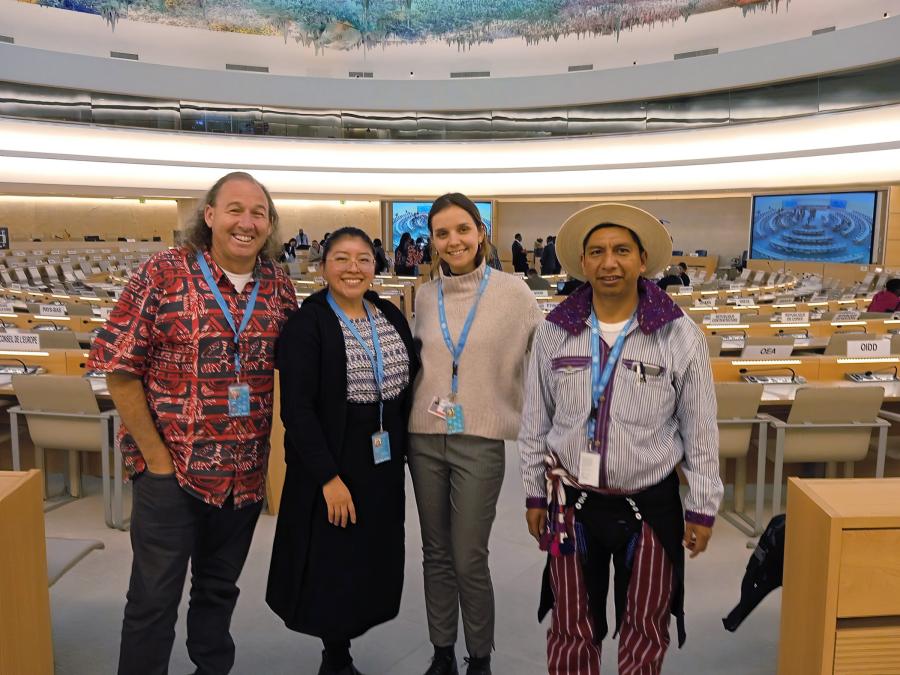
On March 13th to 15th, 2016, Edison Lanza, a journalist and lawyer from Uruguay and now the Organization of American States Special Rapporteur on Freedom of Expression visited Guatemala where he learned more information on the political situation regarding the legalization of community radio. He met with an ad hoc committee composed of five congress people, who were assigned to lead a 30-day technical study of the proposed telecommunications Bill 4087 before it moves to its third reading in Congress. Lanza explained to the committee the need to democratize media and the importance of approving Bill 4087 to recognize the third sector of media, the community media sector.
Edison Lanza in an interview with Plaza Publica, a national online newspaper, commented on how the Guatemalan state has the duty of creating legal mechanisms to guarantee rural communities access to radio frequencies and to go beyond what the market dictates and what large media oligopolies want.
Lanza spoke about how the radio spectrum is accessible to a very select few, leaving many sectors of society excluded. Frequencies are to be State property and they have been given away to commercial radio as they are the only ones that can afford to buy at the auctions. These auctions and other transactions sometimes are not as transparent as they should be. A diversity of voices from around the country have been excluded in the conversation, as commercial radio station dominates the whole sector. Civic and Indigenous voices need to be heard. This is why the Guatemalan State has been called to reform its laws by the Inter- American Human Rights Commission several times in the past decade.
The Indigenous community radio movement in Guatemala hope that the visit and explanation of Edison Lanza to the technical study committee of Bill 4087 will positively influence their decision at the end of April and they will support the bill. Indigenous community radio stations continue to press their district congress people to support Bill 4087.
Photo courtesy of Comisión Interamericana de Derechos Humanos.



